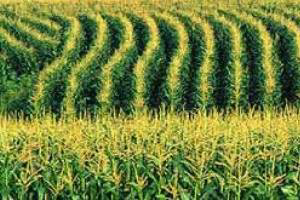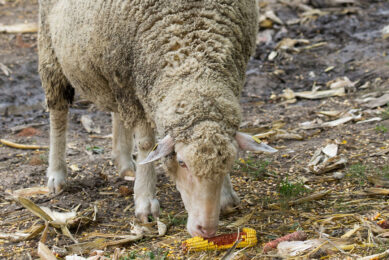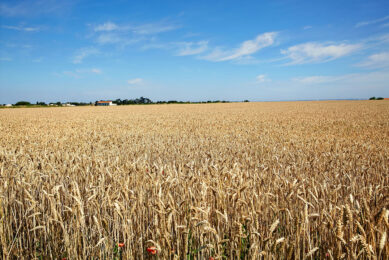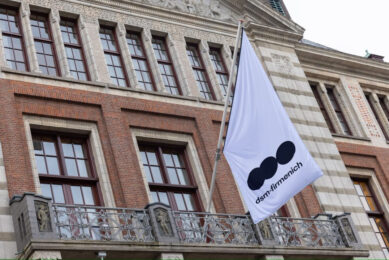Spain needs to import 5 million tonnes of corn

Spain needs to import 5.5 million tonnes of corn to meet the shortfall in livestock feed. It is not clear from where since part of the global supply is genetically modified and not all varieties are authorised European Union.
With the harvest finished in the south, the Ministry of Agriculture, Food and Environment anticipates a production of 4.29 million tonnes (+3.3%), in an area of 388,500 hectares (+5%) – although cooperatives calculate a lower figure of 3.88 million tonnes
The major crops were harvested in Extremadura (676,000 tonnes, +2.2%), Aragon (613,400 tonnes, -24.6%), Castilla-La Mancha (487,200 tonnes, +5.8%), Andalusia (439,500 tonnes, +20 , 3%) and Catalonia (300,000 tonnes, -15%).
Transgenic crop area grew to 116,306 hectares, +20 – 30% of all planted area in Spain, according to the Antama Foundation.
Toño Cato from Cooperative Agro-Alimentarios, noted that with a global narrow and limited supply, the price developments will depend partly on the authorisation of imports.
According to Cato, it is imminent that the European Union (EU) is to approve the purchase of until now prohibited GM grain from Brazil. Restrictions remain for Bt-corn from Argentina.
The director of the Spanish feed manufacturers’ confederation Cesfac, Jorge de Saja, noted that corn has been replaced by the grains and soybeans for reasons of supply and demand.
“Corn will seek its place in the coming weeks”, although it has already found its roof and prices cannot be sustained at these levels not knowing to what degree it should come down. Otherwise corn will be taken out of compound feeds for other protein sources, stated De Saja.
He pointed out that shortly manufacturers could have alternatives to corn for the production of animal feed, as the EU shall in a few days import American DDGs, corn gluten and co-products from the ethanol industry, which are high in protein, after years being banned in Europe because their transgenic plant origin.
 Beheer
Beheer









 WP Admin
WP Admin  Bewerk bericht
Bewerk bericht